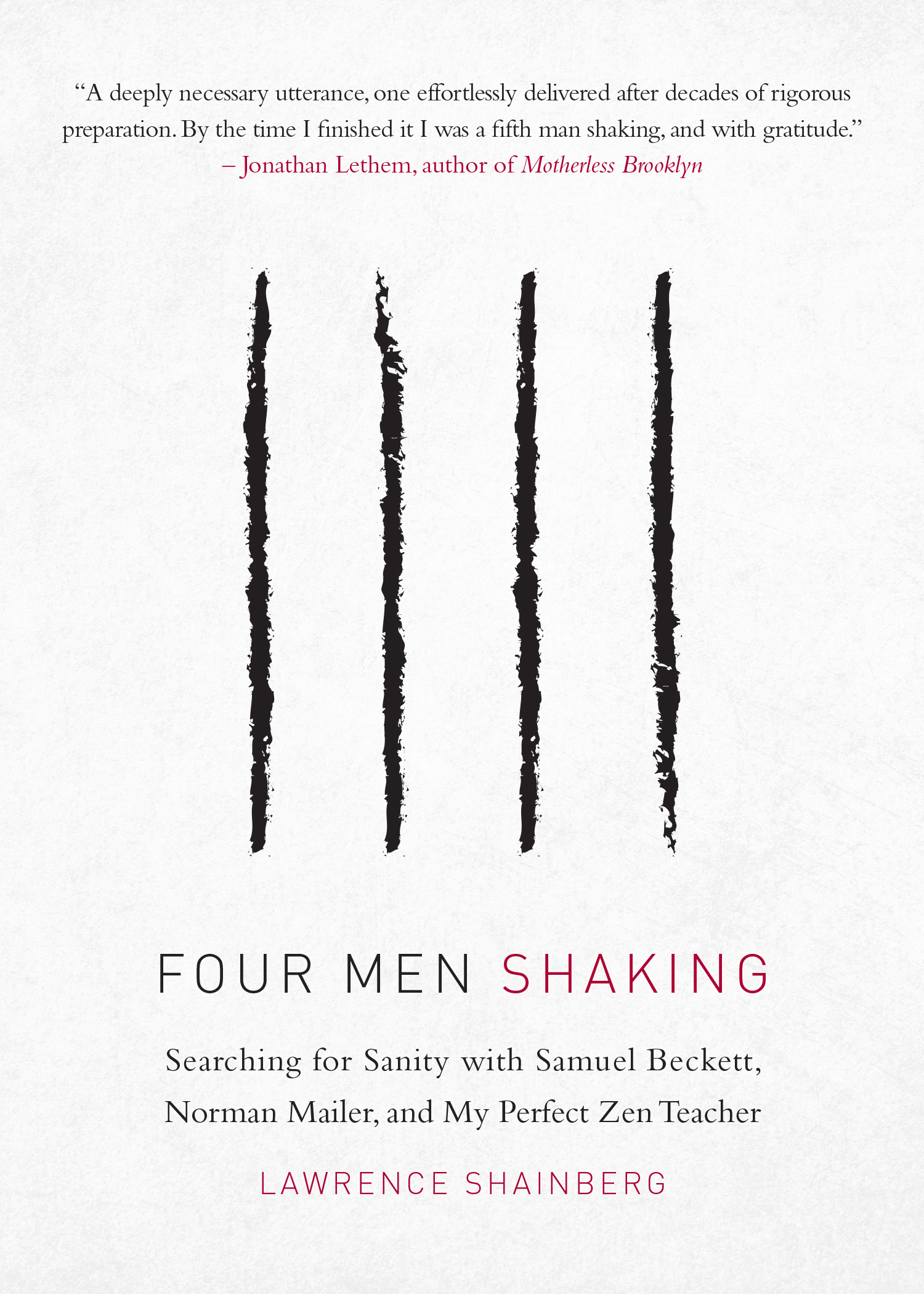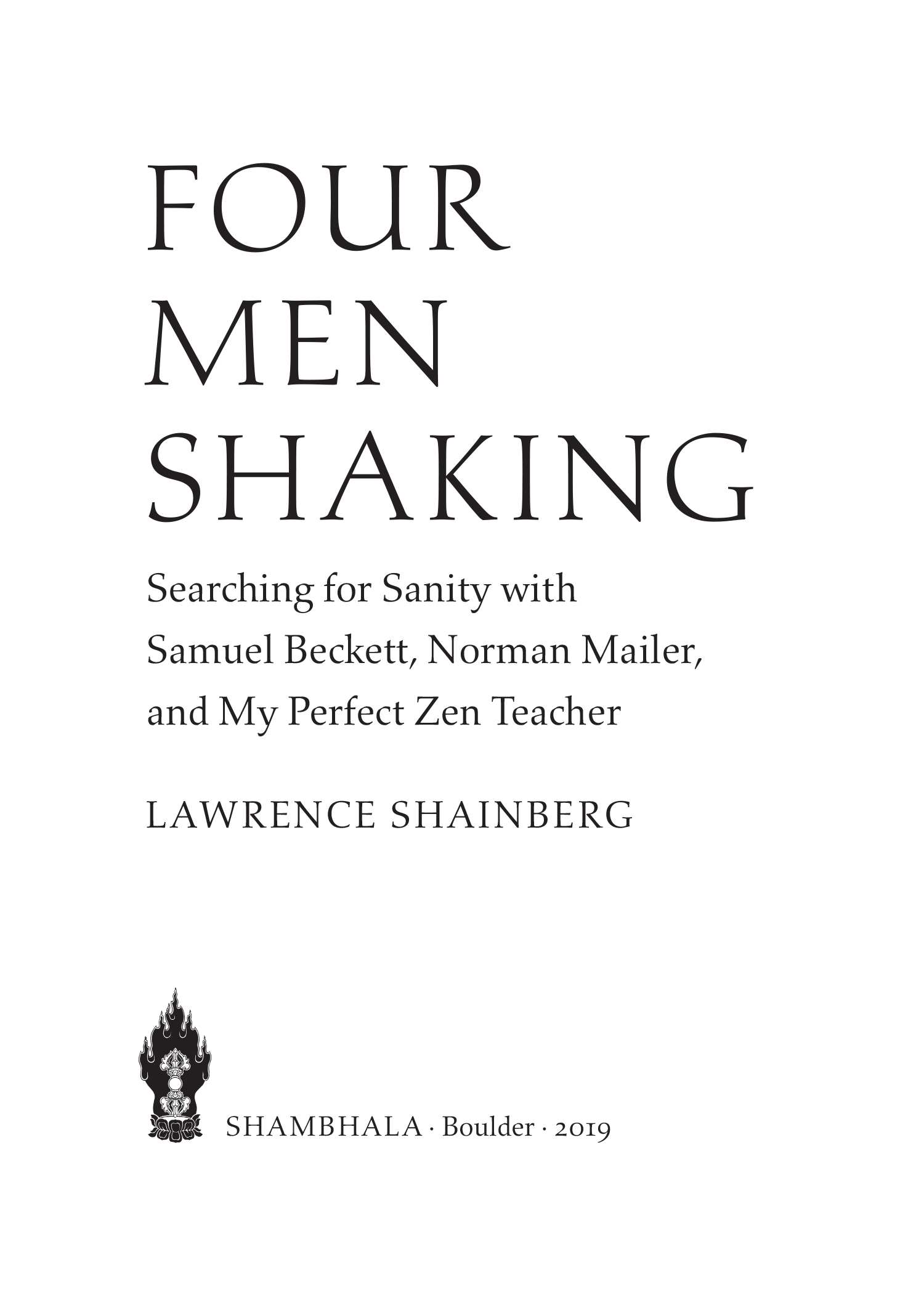Contents
Landmarks
Print Page List
ALSO BY LAWRENCE SHAINBERG
NONFICTION
Ambivalent Zen: One Mans Adventures on the Dharma Path
Brain Surgeon: An Intimate View of His World
FICTION
Crust
Memories of Amnesia
One on One
Shambhala Publications, Inc.
4720 Walnut Street
Boulder, Colorado 80301
www.shambhala.com
2019 by Lawrence Shainberg
All rights reserved. No part of this book may be reproduced in any form or by any means, electronic or mechanical, including photocopying, recording, or by any information storage and retrieval system, without permission in writing from the publisher.
Cover design by Jim Zaccaria
L IBRARY OF C ONGRESS C ATALOGING-IN -P UBLICATION D ATA
NAMES: Shainberg, Lawrence, 1936 author.
TITLE: Four men shaking: searching for sanity with Samuel Beckett, Norman Mailer, and my perfect Zen teacher/ Lawrence Shainberg.
DESCRIPTION: First edition. | Boulder: Shambhala, 2019.
IDENTIFIERS: LCCN 2018049034 | ISBN 9781611807295 (pbk.: alk. paper)
eISBN 9780834842250
SUBJECTS: LCSH: Shainberg, Lawrence, 1936 | Spiritual lifeZen Buddhism.
CLASSIFICATION: LCC BQ986.A42 A3 2019 | DDC 294.3/927092 [B]dc23
LC record available at https://lccn.loc.gov/2018049034
v5.4_r1
a
F OR V IVIAN
T HE TEARS stream down my cheeks from my unblinking eyes. What makes me weep so? There is nothing saddening here. Perhaps it is liquefied brain.
S AMUEL B ECKETT , The Unnamable
CONTENTS
ONE
R OSHI DOZES in the front seat. Watching him from the back, my eyes are fixed on his bald head as if concentration alone will ease me out of my confusion. Im stunned by the shift in my state of mind. Half an hour ago, waiting for him to come out of customs, I enjoyed the equanimity I always felt when about to meet up with him again. After all, he was my teacher. The connection I was about to resume was not just with one irascible Japanese monk but with the faith and confidence I found, almost every time, when I sat on my cushion, straightened my back, followed my breath, and believedyes, again and againthat I was escaping the tyranny of my brain. What has changed since that moment? Why do I feel Im collapsing somehow, that any thought Im about to have will only deepen my confusion? And why does this surprise me? This is Zen, isnt it? How many times have I realized that there are regions in my brain that resist my escape from it? That these regions seem to be exactly the ones I need whenas nowI sit at my desk and try to believe in the sentences I produce? Confusion? Better to call it neurological dysfunction. Unless Ive experienced a radical cure for that dysfunction, any moment Ill resume the state of mind I lost a few minutes ago.
The head drops quickly. Roshi is fast asleep before we leave the airport. Hes never been good at air travel, and hes suffered more and more from it as hes grown older. Now, at eighty, the thirteen-hour trip from Japan is almost debilitating for him. If the past is any guide, hell be jet-lagged for the next four or five days, disinclined to answer the phone or make anything more than minimal conversation, avoiding especially his English-speaking students. His already fractured attempts at our language have further deteriorated since he moved back to Japan five years ago to become the abbot of Ryutaku-ji, the monastery where he trained. True, neither the jet lag nor the language gap will bother him. If the past, again, is any guide, this old monk, now ministering what many in the Zen world consider one of our most important monasteries, will be on his cushion in our little zendo in downtown New York by 6:15 tonight in order to ring the bell, at exactly 6:30, that begins the first of our three thirty-minute zazen periods. Tomorrow morning, hell be up by 6:00, sit alone for an hour or more and thenecstatic to resume the sort of chores his monks take care of at the monasteryvacuum and mop the zendo and the four flights of stairs between it and the street-level door to the building.
This is a payback visit. Six years ago, when invited (some would say ordered) to become abbot of Ryutaku-ji, he endured two days of uncharacteristic vacillationthe only hint of ambivalence Id ever seen in himbefore concluding he had no choice. Much as he loved his students and the zendo, his TV (pro wrestling, especially), and his daily walks in Chinatown or Greenwich Village, his first devotion was to his teacher and his teachers teachers and thus to the monastery where hed lived for thirteen years before agreeing to his teachers request that he establish a zendo in Israel (a country hed never heard of before setting off for it) a few weeks after the Six-Day War in 1967.
He remained in Israel for fourteen years before heading to New York and then maintained our small zendo in Soho for fifteen years before circling back to his point of origin in Japan. To ease the pain of our separationthe range of emotion experienced by students for whom a teacher like him becomes an amalgam of every spiritual, paternal, or neurotic ideal our minds producehe promised to return for a month every August, when Ryutaku-ji closes. Today, as for the last five years, he is keeping his promise. Along with two other studentsan Israeli, Amnon, who followed him to New York from Israel, and a Japanese woman, Kazuko, who found her way to the zendo when she came to New York to study paintingIve come out to meet him in Amnons van. Now we crawl in hot summer traffic on the Long Island Expressway while Roshi sleeps in the front seat, and sitting in the back with Kazuko, I consider as if for the first time the confusion Zen generates in my mind, my brain, or the mix of the two that one confronts so vividly in sitting meditation.
Kazuko is dark-haired and stocky, a humorless woman in her midthirties with cold, dark, suspicious eyes. Her voice and face give no hint of her thoughts or mood. Though we have no great fondness for each other, weve managed to work together, taking the brunt of zendo chores, valuing above all that we can count on each other to be on our cushions when the bell rings, remaining still through the great range of pain, anxiety, exhilaration, and realization zazen produces, thus finding a kind of respect not far from admiration for each other. She knew nothing of Zen in Japan, but within months of discovering the zendo, she became Roshis favorite companion. Alone among his students in the United States, she shares his language. After she took an English-for-foreigners course, she became his frequent, barely competent translator when, as often, his English fails him. Like most Japanese Ive known, she is guarded about her private life, especially her background in Japan. Though weve known each other for more than nine years and practiced together for countless hours, I know nothing about her current life or her life before that, in Japan. Then again, weve never been in the backseat of a van together, stuck in traffic on a hot August day. While Roshi sleeps, she eases into a surprising, confessional state of mind, telling me how and why she came to New York, how she began to paint as a teenager and resolved early on to study in America, and finally how she found her way to Zen. None of this, as far as I can see, has caught Roshis attention, but when she turns to her family life, describing a difficult childhood, a family so dysfunctional she was forced to leave home at sixteen, the bald head rises and, barely turning in our direction, sends an explosive rush of Japanese in her direction.

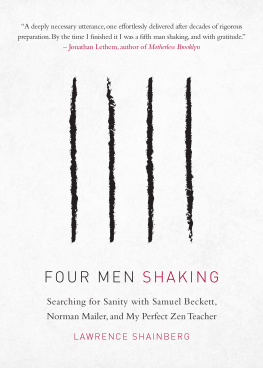
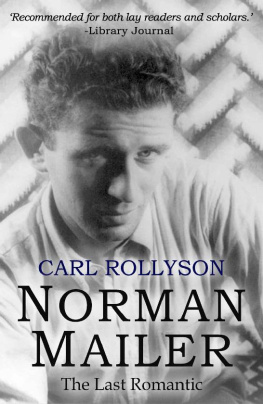

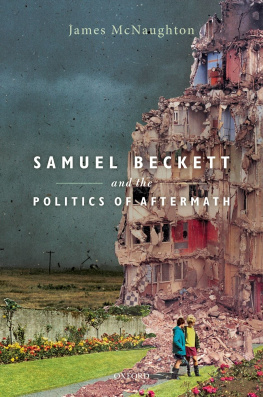
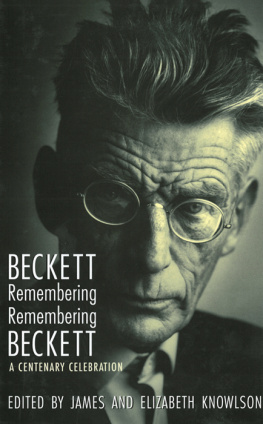
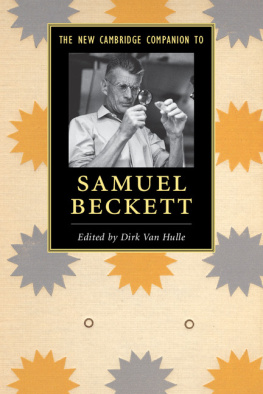
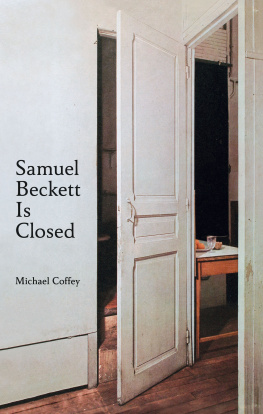
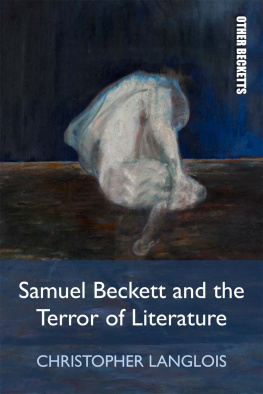
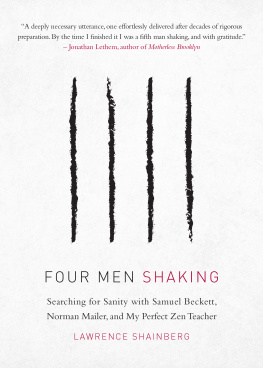
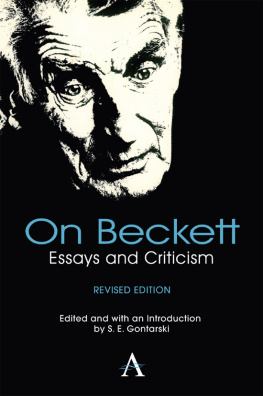
![Samuel Beckett [Samuel Beckett] - The Complete Dramatic Works](/uploads/posts/book/72751/thumbs/samuel-beckett-samuel-beckett-the-complete.jpg)
